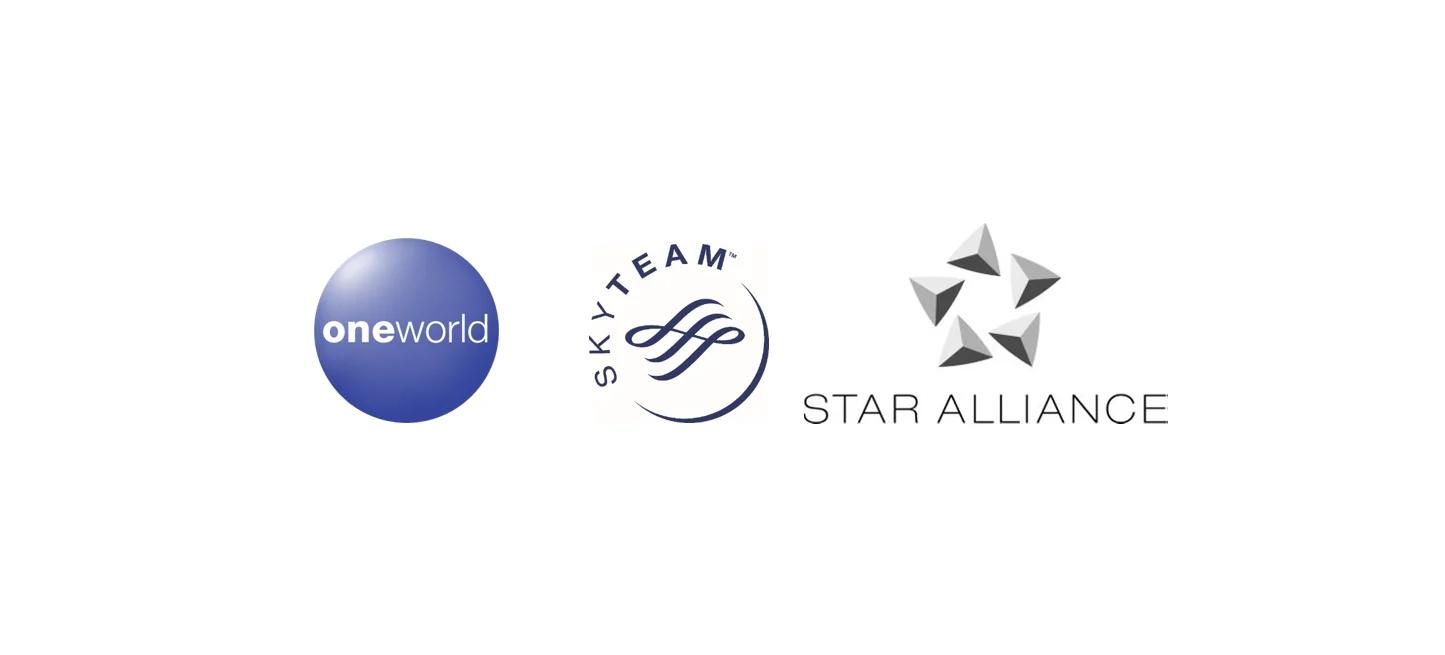
It has long been a common mantra among airlines that they never compete on safety. One major airline that was often cited as “the world’s safest airline” because of its low crash record famously does not tout that accolade.
This united front on safety has been the case not just among the airlines, but also within the broader air transport industry. Airbus and Boeing are fierce rivals—willing to knock each other almost senseless around the trade subsidies ring for years—but when there’s a serious safety incident or crash, the punches stop and all sides join together to establish the cause and prevent it from happening again.
The COVID-19 pandemic has created a new united front: a call for everyone to work together in a common quest for a global set of travel and health standards so that international borders can reopen.
Airbus and Boeing, working with IATA, have shared among themselves, and with the airlines and the public, independent data analysis they each have done demonstrating how safe it is to fly, given the quality of HEPA filters that equip modern airliners and the masking, testing and other measures that are now typically applied for international flights.
The problem, 18 months into the pandemic, is that many borders remain effectively closed and international travel demand is a tiny fraction of where it stood in December 2019. Exacerbating the situation, governments often require expensive and lengthy quarantines for incoming travelers and they change the rules at short notice. A quarantine requirement is as effective as a travel ban, countless surveys and flight reservation data show, while not necessarily reducing transmission risk.
Which is why the airlines need to speak with one voice on how those borders can reopen safely without quarantines.
A telling development is how the three global alliances—oneworld, SkyTeam and Star Alliance—are doing exactly that despite their historical competitiveness. Their CEOs are providing a single message on how international travel can be safely restored, issuing joint press statements and holding joint briefings on the subject.
In one such briefing with ATW, Kristin Colvile at SkyTeam, Rob Gurney at oneworld, and Jeffrey Goh at Star said the common message was that governments can reduce travel restrictions if they follow data and certain guidelines.
“Our primary message and advocacy is for them to allow vaccinated customers and those who have recovered from COVID to be able to travel without quarantines,” Colvile said. “We are focused on echoing what all airlines are saying: It’s time to restart.”
Gurney emphasized the unified position. “The three alliances are extremely aligned on these issues, as are IATA and everyone in this industry. No one is advocating for anything that is unsafe. Safety is at the heart of everything we do. When this [pandemic] took hold, we didn’t know much about this virus. We have moved on significantly since then and we are calling on governments to take advantage of the data and science that is now available.”
Goh concurs. “We know a lot more now,” he said, that allows authorities to adopt travel structures that are data proven and scientifically based.
Vaccinations—proving effective against even the delta variant of the virus—along with more accurate, more affordable and easier to administer tests, are big parts of the tools that airlines and the travel industry did not have at the outset of the pandemic, the CEOs point out.
The alliance CEOs also want to ensure that connecting passengers at airports are not subject to additional testing or quarantine restrictions at the point of transfer while they remain in transit zones.
“Alliances stand for connecting traffic,” Goh said. “Governments should not inflict quarantines on people who are transit passengers and don’t cross the border.”
This is an understandable priority given that the global alliances were created to expand global networks through alliance partnerships. The difference in 2021 is that instead of talking about who has the most expansive or useful network, the alliance CEOs are jointly advocating for everyone to be able to keep moving through the transit lounge regardless of their alliance affiliation.
The CEOs also urge the adoption of digital processes to manage travel health credentials, including vaccine and test certificates, and for governments to agree to common requirements and standards for health credentials that align with World Health Organization and ICAO guidelines.
“Testing will be part of the travel landscape for some time,” Gurney acknowledged. “But the important point is that there are significant risk mitigations now to open travel safely.”
For now, the newfound harmony among the global alliances is focused on the most pressing crisis—the restoration of international travel without government rules and processes that make it too much hassle and too costly for most people to endure.
But the ability to advocate jointly on common causes could prove useful in other areas, from something as industry specific as slot waivers to broader issues like sustainable travel.
The global alliances may have discovered strength in a single voice that could serve their airline members well beyond the pandemic.





